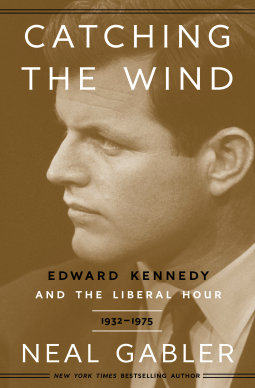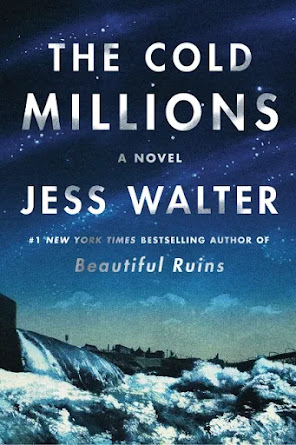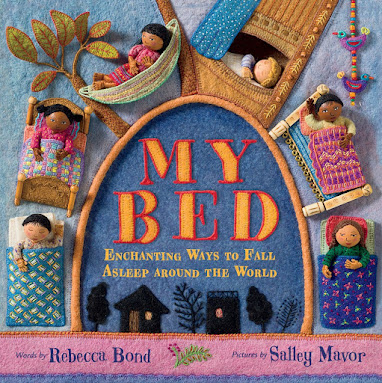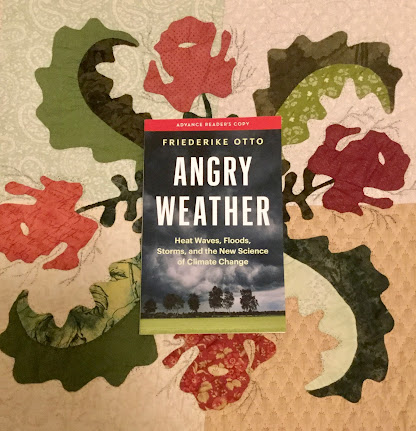April Anue, the artist, told us how God hounded her to make this quilt, and what it cost her, the anguish and tears that accompanied every name she embroidered. She talked about the horror of making the nooses that ornament the quilt.
The 5,ooo names on the quilt are those of African Americans who had been lynched in America between 1865 and 1965. The title of the quilt is Strange Fruit.
Five thousand human beings, beaten, tortured, and murdered. Anue researched every name, now memorialized for all to read.
In the Jim Crow South there were black Americans who were harassed, beaten, their homes and livelihoods taken from them, their families traumatized; they were denied protection under the law by the authorities and the courts. How many tens of thousands have been forgotten, their names lost?
Ben Montgomery has brought one man back to life. A freed slave whose white neighbors gathered on moonlit night to demand he leave his hard-earned, modest home and farm. Twenty-five men who claimed to be 'friends.' A man who disguised his voice and wore a handkerchief to hide his identity called to him to come out of his home. When this black man had the audacity not to comply, shots bombarded his home, wounding him. And to protect his home and family, this man shot out his window into the crowd, killing a white man.
His name was George Dinning. He fled into the fields to hide as the white men took their fallen comrade away. The next morning, Dinning's house and barn were burned to the ground. George turned himself into the authorities when he heard that he had killed a man.
The story of that night, Dinning's trial, and what happened afterwards is devastating and moving. And, it is perplexing, for the story of Dinning protecting the sanctity of his home brought a surge of support, including that of a prominent veteran of the Confederate Army who built memorials to Confederate heroes while supporting organizations to benefit freed slaves. He was "foremost in work of charity among our race," one black minister said.
A Shot in the Moonlight incorporates historic documents in a vivid recreation of the events of that night, the trial, and the unexpected twists of fortune afterward. Dinning stood up to power in the courtroom, asking for reparation for his loss. Everything was stacked against him, and when he was denied justice, a deluge of editorials were printed in his defense.
In his book What Unites Us, Dan Rather talks about building consensus on the shared values we all hold dear. The sanctity of home and a man's right to protect his home and family raised sympathy of for Dinning, for every American could sympathize with protecting one's home and family.
This is an amazing story of a brave man, a horrendous tale of hate and racism, and a revelation of race relations in America that brought chills and tears.
I received a free book from Little, Brown Spark. My review is fair and unbiased.
I previous read Montgomery's book The Man Who Walked Backwards: An American Dreamer's Search for Meaning in the Great Depression, which I reviewed here.
by Ben Montgomery
ISBN-13: 9780316535540 hardcover USD: $28/CAD: $35
ISBN-13: 9780316535564 ebook USD: $14.99 /CAD: $19.99
from the publisher
The sensational true story of George Dinning, a freed slave, who in 1899 joined forces with a Confederate war hero in search of justice in the Jim Crow south. “Taut and tense. Inspiring and terrifying in its timelessness.”(Colson Whitehead, Pulitzer Prize-winning author of The Underground Railroad )
Named a most anticipated book of 2021 by O, The Oprah Magazine
Named a "must-read" by the Chicago Review of Books
One of CNN's most anticipated books of 2021
After moonrise on the cold night of January 21, 1897, a mob of twenty-five white men gathered in a patch of woods near Big Road in southwestern Simpson County, Kentucky. Half carried rifles and shotguns, and a few tucked pistols in their pants. Their target was George Dinning, a freed slave who'd farmed peacefully in the area for 14 years, and who had been wrongfully accused of stealing livestock from a neighboring farm. When the mob began firing through the doors and windows of Dinning's home, he fired back in self-defense, shooting and killing the son of a wealthy Kentucky family.
So began one of the strangest legal episodes in American history — one that ended with Dinning becoming the first Black man in America to win damages after a wrongful murder conviction.
Drawing on a wealth of never-before-published material, bestselling author and Pulitzer Prize finalist Ben Montgomery resurrects this dramatic but largely forgotten story, and the unusual convergence of characters — among them a Confederate war hero-turned-lawyer named Bennett H. Young, Kentucky governor William O'Connell Bradley, and George Dinning himself — that allowed this unlikely story of justice to unfold in a time and place where justice was all too rare.
About the author
Ben Montgomery is author of the New York Times-bestselling 'Grandma Gatewood's Walk,' winner of a 2014 Outdoor Book Award, 'The Leper Spy,' and 'The Man Who Walked Backward,' coming fall 2018 from Little, Brown & Co. He spent most of his 20 year newspaper career as an enterprise reporter for the Tampa Bay Times. He founded the narrative journalism website Gangrey.com and helped launch the Auburn Chautauqua, a Southern writers collective.
In 2010, he was a finalist for the Pulitzer Prize in local reporting and won the Dart Award and Casey Medal for a series called "For Their Own Good," about abuse at Florida's oldest reform school. In 2018, he won a National Headliner award for journalistic innovation for a project exploring police shootings in Florida. He was among the first fellows for Images and Voices of Hope in 2015 and was selected to be the fall 2018 T. Anthony Pollner Distinguished Professor at the University of Montana in Missoula.
Montgomery grew up in Oklahoma and studied journalism at Arkansas Tech University, where he played defensive back for the football team, the Wonder Boys. He worked for the Courier in Russellville, Ark., the Standard-Times in San Angelo, Texas, the Times Herald-Record in New York's Hudson River Valley and the Tampa Tribune before joining the Times in 2006. He lives in Tampa.

















































